Articles related to
Conditions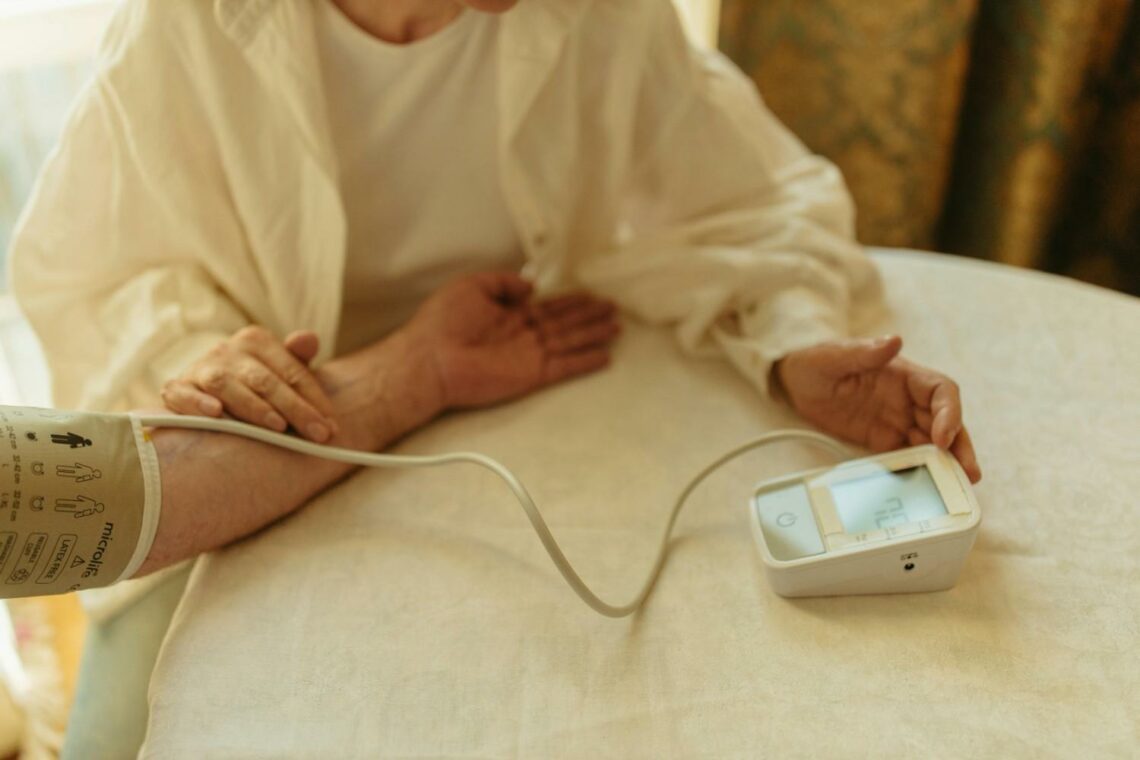
How Heart Disease Affects Your Life
Heart disease is one of the most common long-term health conditions in the UK, affecting millions of people. Whether you’ve recently been diagnosed or are supporting someone with a heart condition, understanding how it affects daily life helps you make…
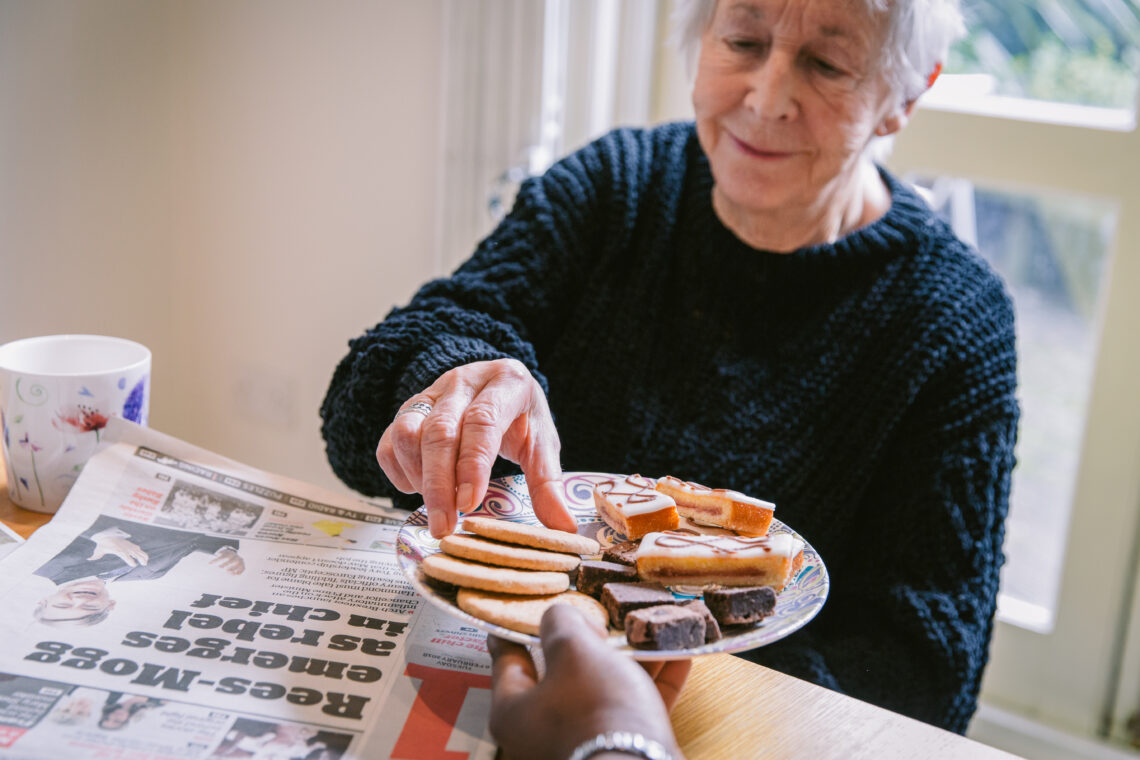
Dementia and eating problems: Why do dementia patients stop eating?
Watching someone with dementia eat less or refuse food can feel deeply distressing. You may feel worried, helpless, or unsure how to help. Eating difficulties are common as dementia progresses. Your loved one may forget how to chew or swallow,…
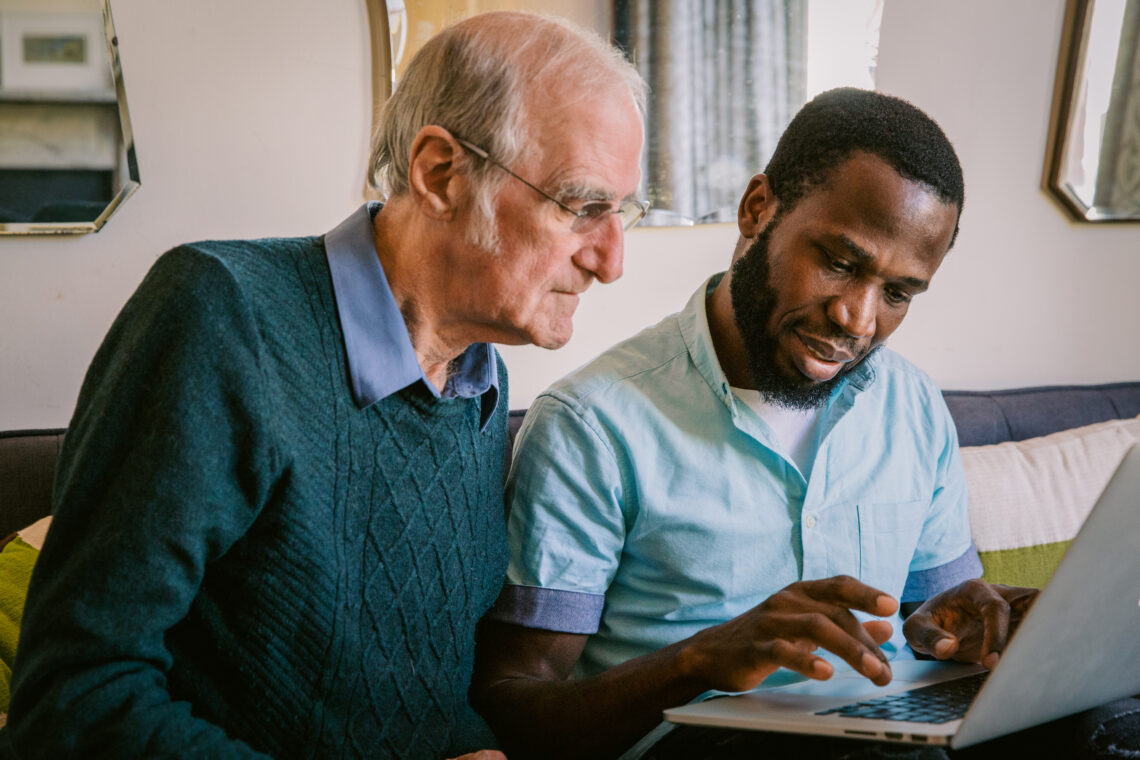
What is alcohol-related dementia?
Alcohol-related dementia differs from other forms of dementia in one important way: with early clinical intervention and complete abstinence, cognitive function can often be stabilised and sometimes improved. In this article, our clinical team explains what causes alcohol-related brain damage,…
Would you like to know more about Hometouch's high quality live-in care service?
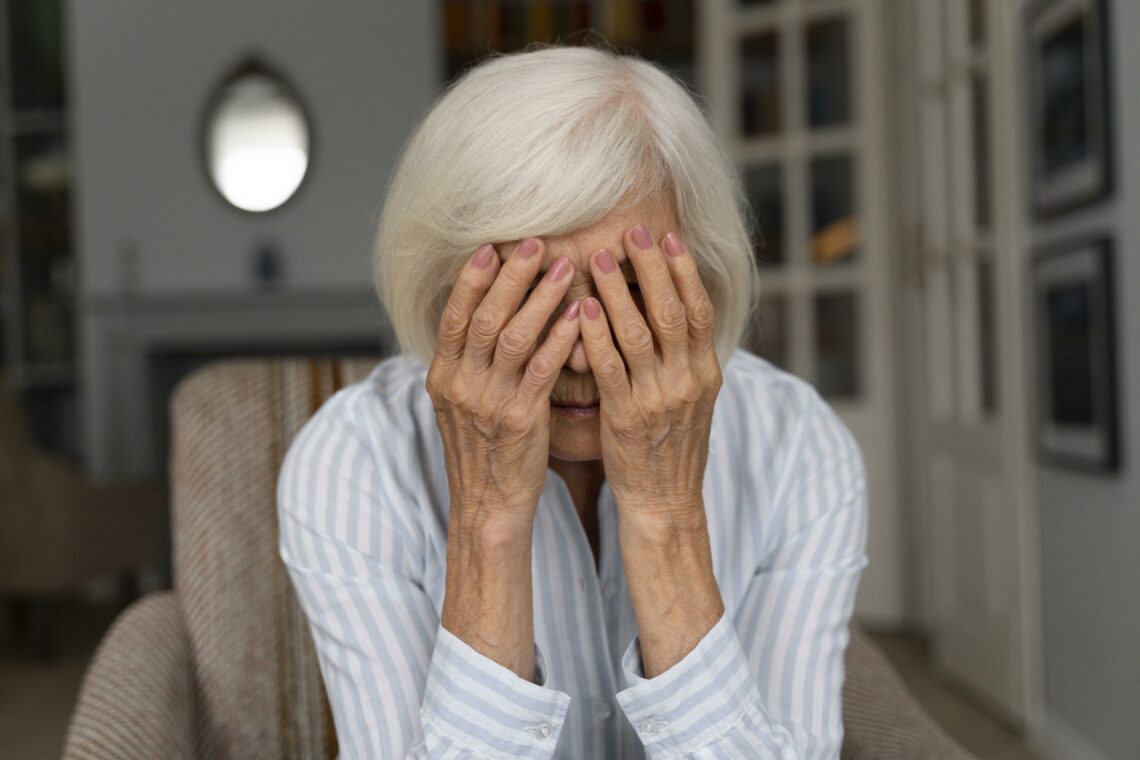
Dementia Care: What is sundowning?
When caring for someone with dementia, you may notice their confusion and agitation increase as daylight fades. This common pattern, known as sundowning, affects many people living with dementia and can be particularly challenging for families. Our clinical team regularly…
Speak to one of our knowledgeable care advisers about Hometouch’s high quality live-in care service
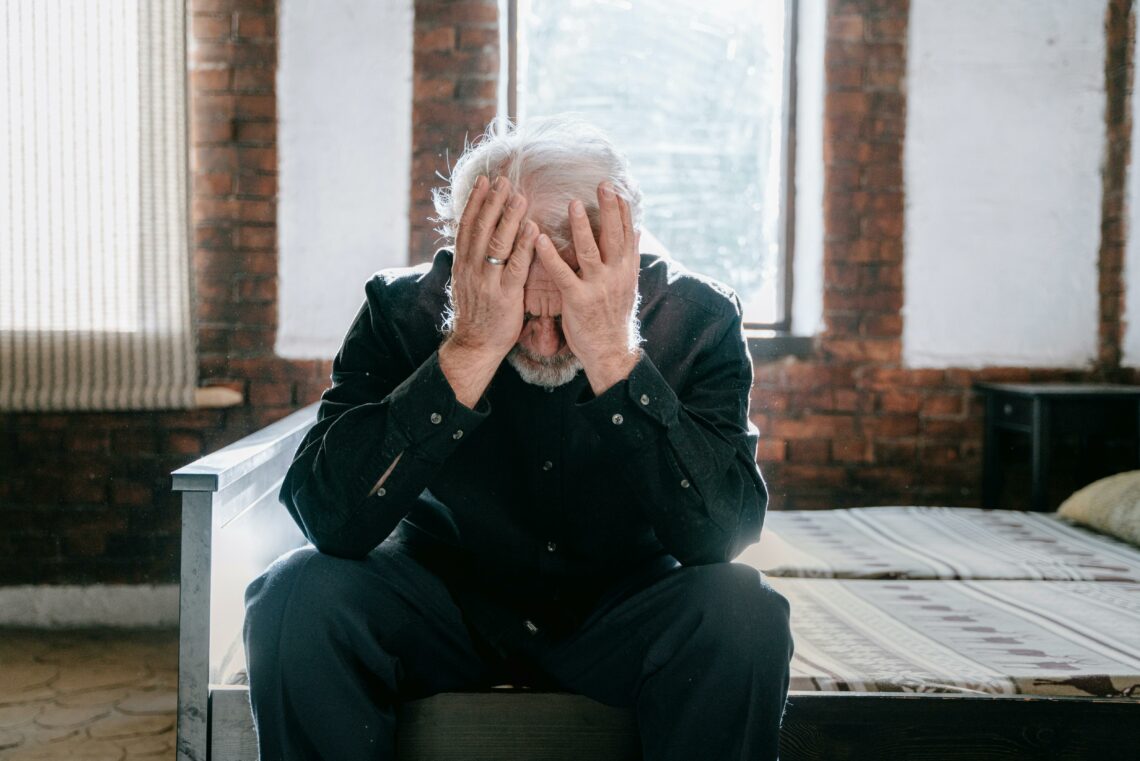
What is aggressive behaviour in dementia?
Caring for someone living with dementia can be emotionally challenging, especially when they display aggression. Outbursts, whether verbal or physical, can be distressing and difficult to understand. It’s important to remember that this behaviour isn’t personal. It’s a symptom of…
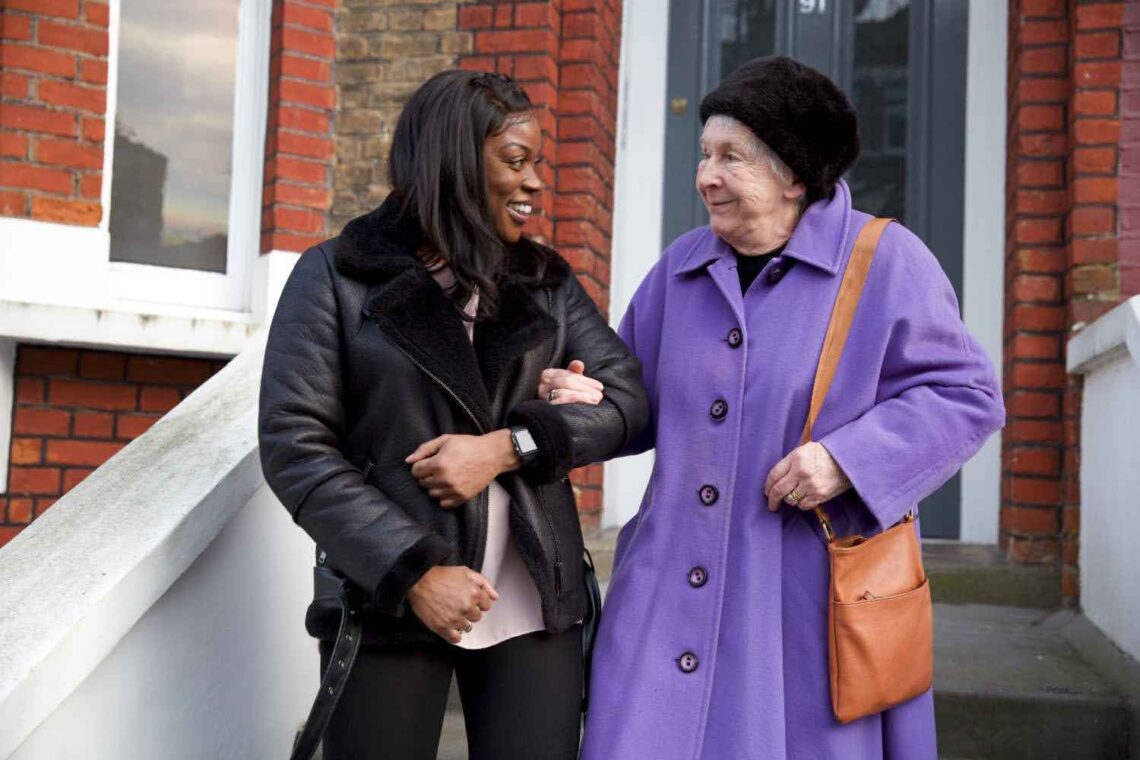
Why Listening Matters in Dementia Care
This October marks Speak Up Month in the UK. The campaign promotes environments where people feel safe voicing concerns. This year’s theme, “Listen Up”, emphasises that listening requires action, not just attention. For families navigating dementia care, this is fundamental.…
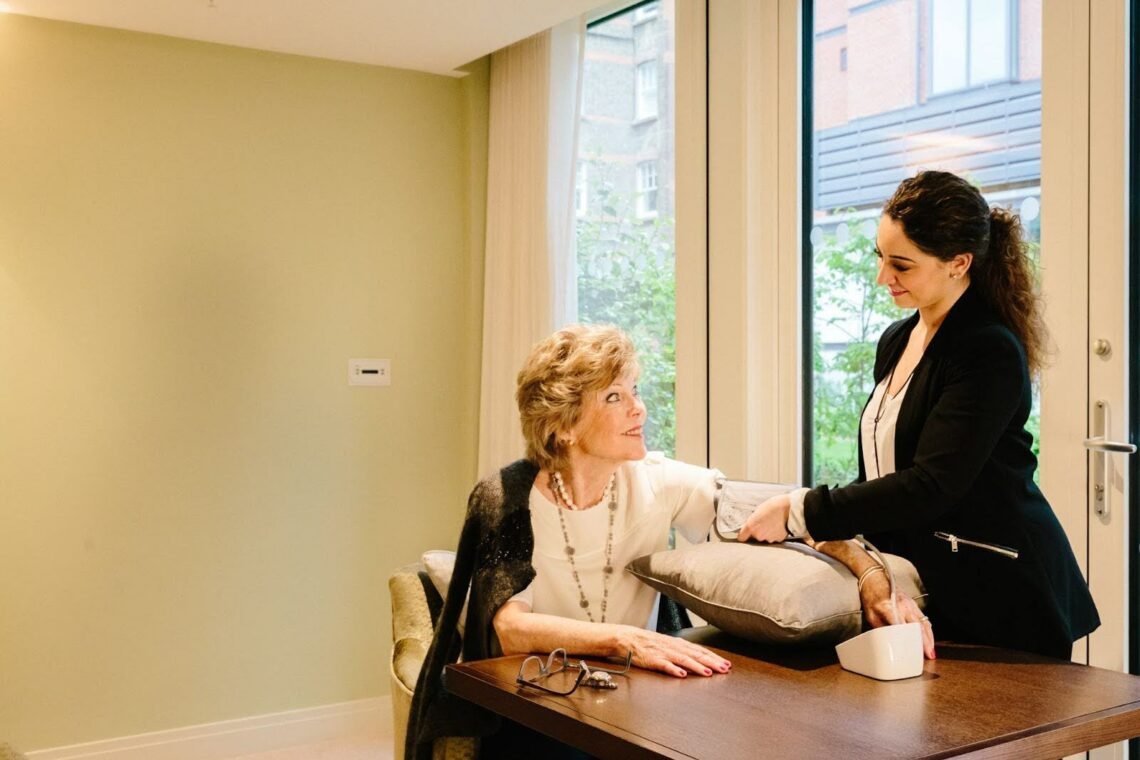
How Hometouch Builds Safety into Dementia Home Care
World Patient Safety Day took place last week and reminded us why preventing avoidable harm in healthcare matters. For families considering dementia care at home, this principle is especially important – how do you maintain clinical safety while preserving independence…
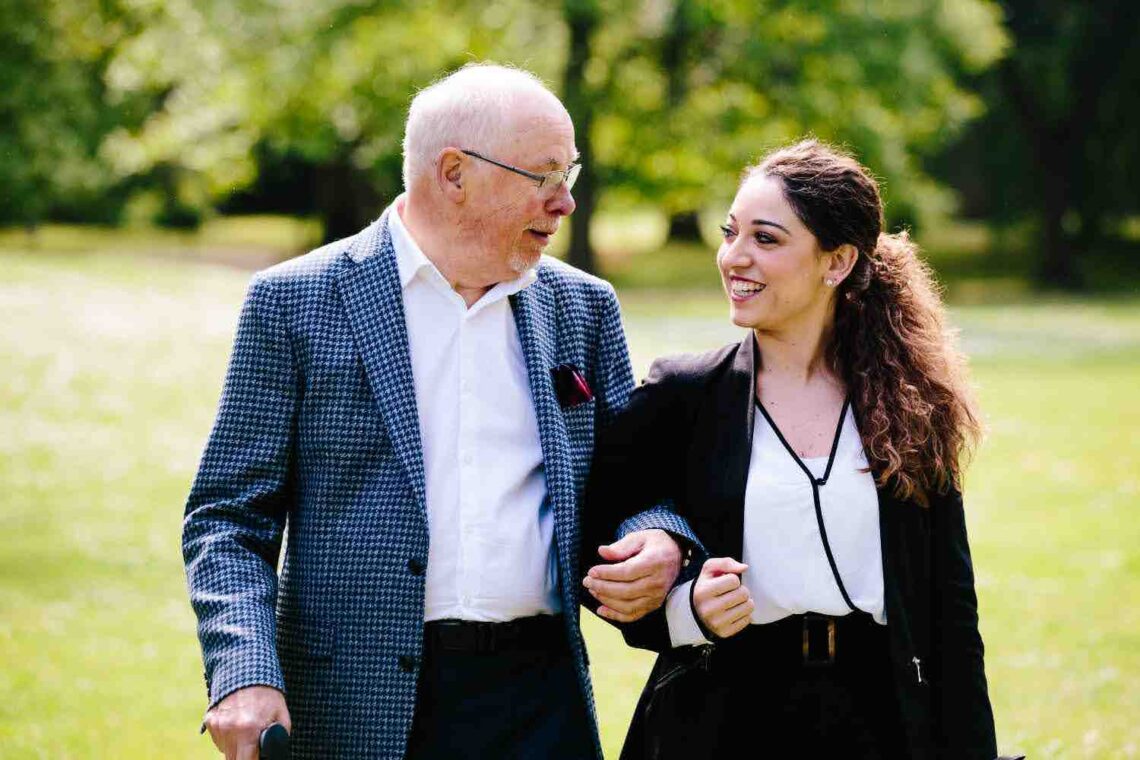
How the RESTORE2 Mini strengthens dementia care at home
When someone you love is living with dementia, you need more than just daily support. You need clinical expertise that recognises health changes before they become serious. At Hometouch, our dementia care specialists use the RESTORE2 Mini to identify early warning signs.…
How Much are Dementia Care Home Fees in 2023?
Care home fees for dementia care homes in the UK vary from around £1000 to more than £3000 per week. Care homes fees for dementia care in the UK have been increasing year on year by at least 5%. This is 0.5% higher than the average care home fee which has also increased by 5% per annum over a 3-year period so there seems to be a trend showing that care home fees are increasing at faster rate than general living costs. Another reason is due to the an ageing population and people newly diagnosed with dementia which means that there are not enough specialist care homes available at present. Additionally, staff shortages are driving up costs which is further contributing to dementia care home fees inflation. The cost of dementia care homes varies across different regions, care homes and countries. This may be due to different government policies, rates…
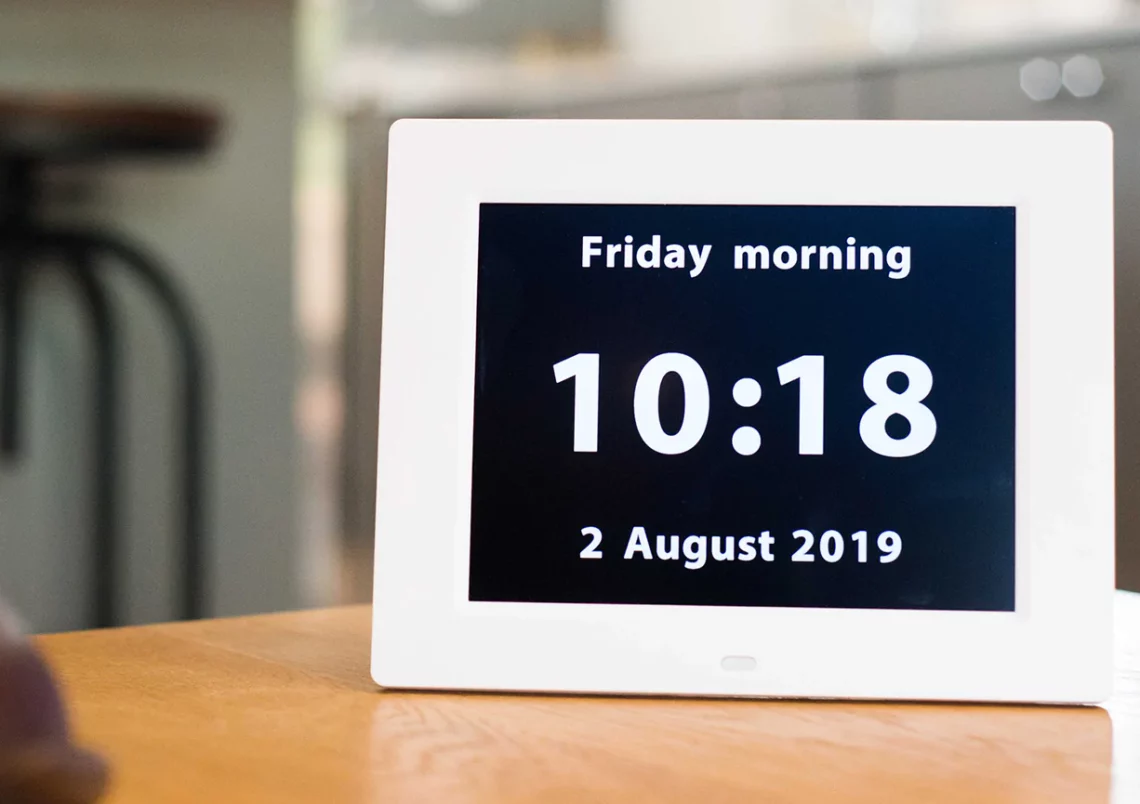
The best clocks for people living with dementia
Losing track of time is one of the early symptoms of dementia. Whether it’s a missed doctor’s appointment or a frantic phone call about whether they’ve had lunch, losing track of time can be a distressing experience for your loved…
Apply for live-in care jobs
Hometouch has been one of the best companies I have worked for in the care sector! I have always been told I’m appreciated and been made to feel like it too. I’m so happy to be a part of the Hometouch team
Shaheen

£750 - £900 per week. Double bank holiday pay
You choose your own clients
Clinical support
Free training, webinars and supervision